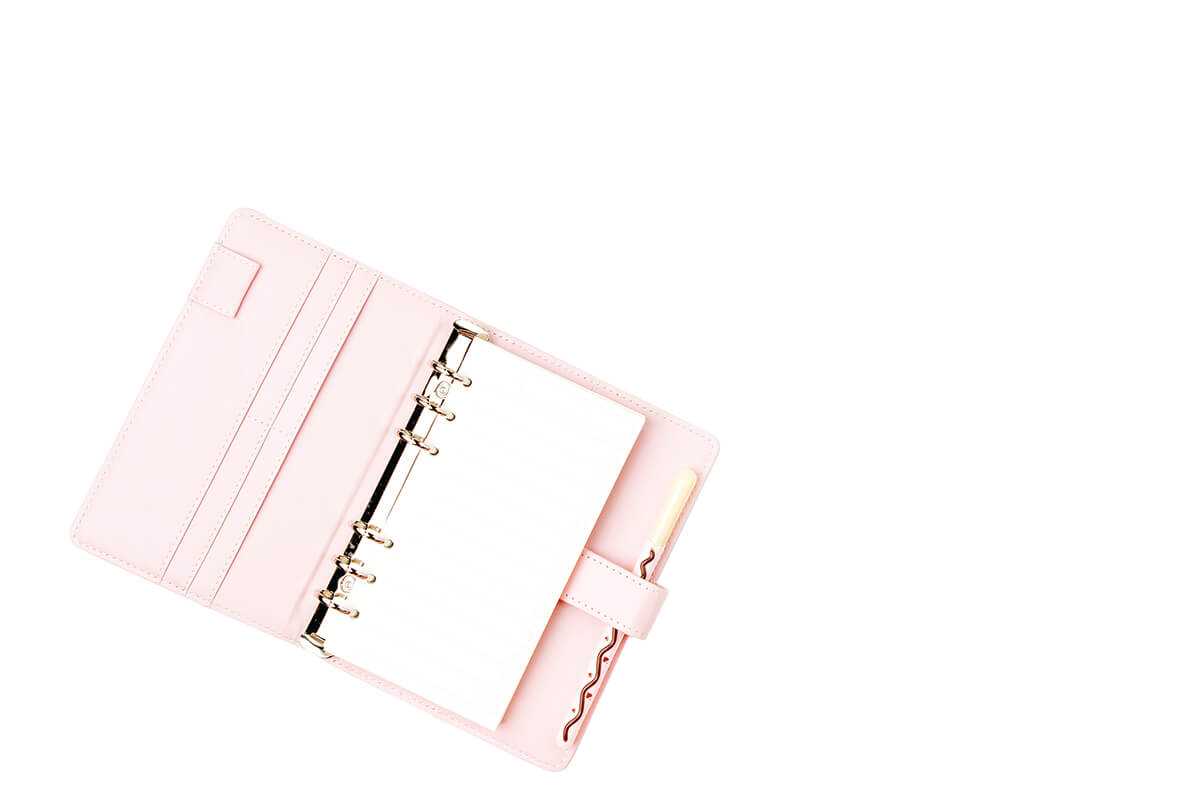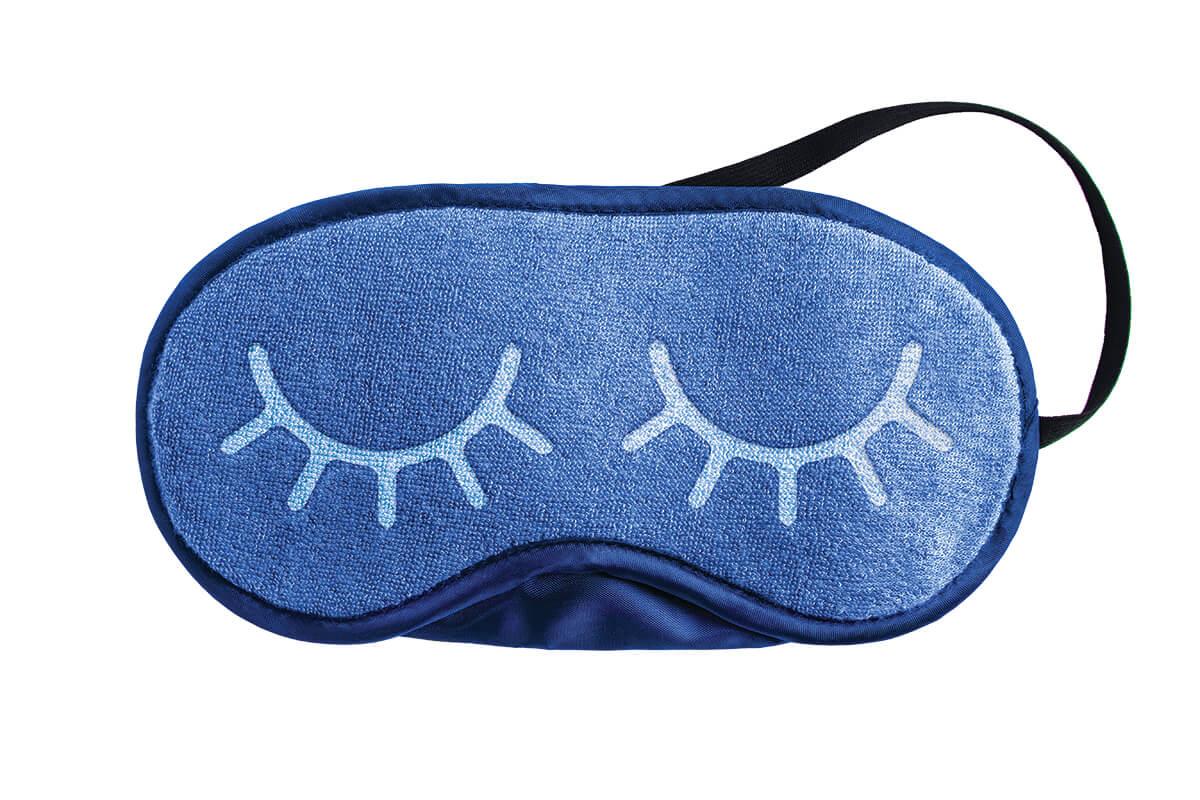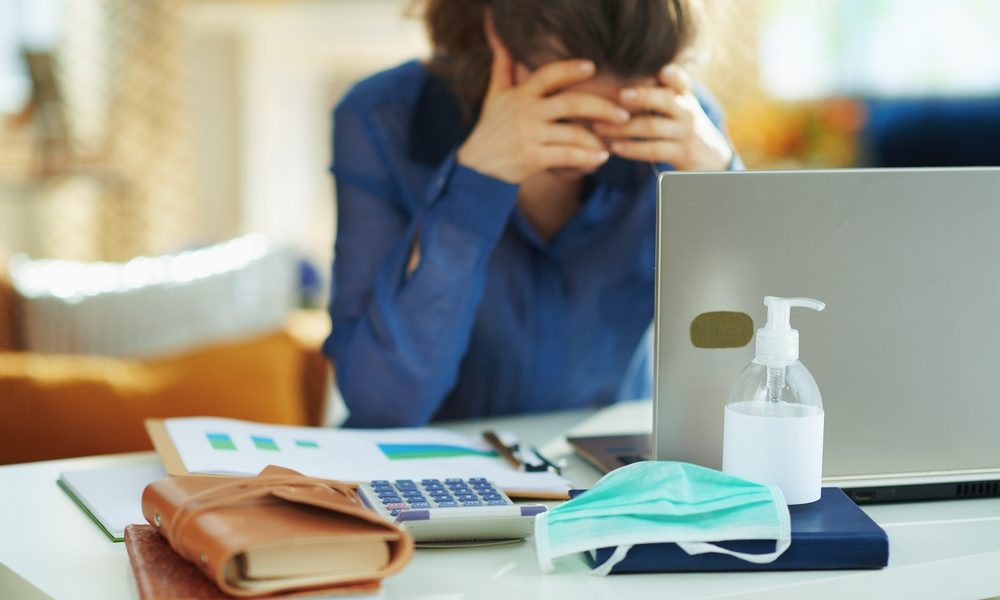COVID-19
How to Cope With COVID Related Stress
Expert from the Maryland Anxiety Center shares ways to handle the unknowns.
Feeling anxious? Having difficulty sleeping? Is your mind racing with all the possibilities of what could go wrong—or perhaps what already has? Rest assured, you’re not alone. Everyone deals with anxiety from time to time and a global health crisis like this—with all its commensurate unknowns—can only make it worse. We chatted with Andrea G. Batton, LCPC, of the Maryland Anxiety Center, about coping mechanisms for handling coronavirus related stress.
Why do we even feel anxiety?
We’re wired that way. It’s evolutionary. We need it to have that ability to jump to the worst case scenario. So if you look back at cavemen, if they heard a noise or a rustle, they had to go, “Oh my God, it’s a tiger!” Because if they thought, “Oh that might be a little mouse rustling through the leaves,” then they’d be dead. But we’re not living in the wild. Yes, we do have danger. But we need to be able to rationally assess for the actual level of threat.
And worrying never helps, right?
Right. We have no control over what’s happening with this coronavirus. Hopefully we’re doing everything that we can. We’re following the CDC guidelines. If I get in my head and I worry about it, it isn’t going to change anything. It’s just going to make me feel terrible. What I can do is bring my focus back to the present moment: What’s really important right now? What are your life values? That’s what you want to focus on.
What’s the best way to deal with quarantining?
I recommend a regular schedule: Say, wake up 8 a.m., exercise, get dressed, and have a cup of coffee. Block it out as loosely as possible. So maybe at 9 a.m., have a work project. And then block out some time for house projects or laundry or activities of daily living and then lunch. It’s really important to incorporate self-care right now. So that’s a time where you turn off the social media. You disconnect. Sit on your front porch or take a walk. And sleep is crucial. Don’t stay up until 2 in the morning. Don’t get sucked into sleeping half your day away. That isn’t good for your mood.
What if something bad does happen—like if I lose my job?
Bad things happen. The question is: How do you respond in the most helpful and adaptive way? Do I take this time to look for a job? To update my resume? To look at developing my business? To look into financial assistance? Is there something else I want to do? Do I want to write a book? Learn to play the guitar? Look into another career? Freaking out and panicking is not going to change anything. I’m always a believer that we can learn from adversity and grow from it. And sometimes become better.
WHAT YOU NEED:

Guidelines: Follow the CDC’s guidelines. Don’t overreact—or underreact. That will help give you a sense of control.

A Schedule: Keep a routine going. It doesn’t have to be rigid, but enough to give you structure. Take time for self-care.

Sleep: Don’t let your sleep patterns get all out of whack. That’s not good for your mental health.
